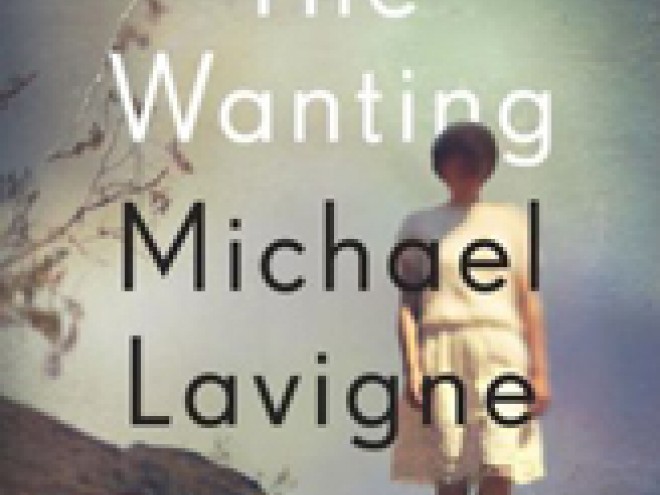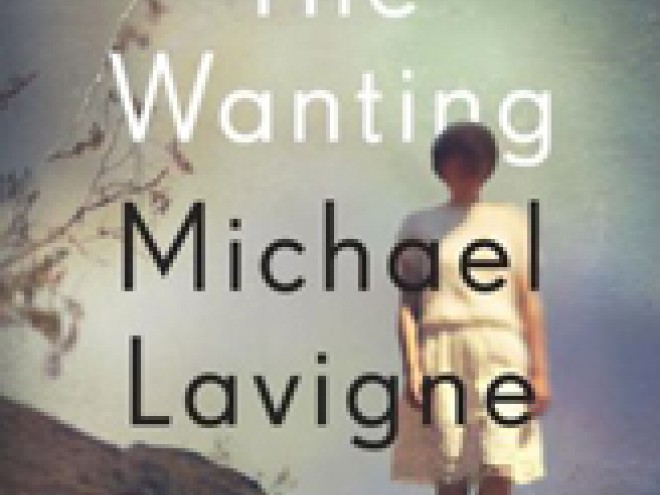A couple of years ago I decided to lead a group of adult learners in a class on Jewish fiction. The reason was that I wanted to share a few books I loved, and I also wanted an excuse to read some I’d never got around to. It was an amazing experience, both as a teacher and as a reader.
Re-reading some favorites – like Bruno Schulz, Primo Levi and Meir Shalev – only served to deepen my attachment to them. But the writers I’d wanted to get to know – like Clarice Lispector and Joseph Roth – were a revelation. Two or three really stand out in that category. Lispector for certain – nothing in literature is quite like her, and I urge you to read through twice before you judge. But it was Roman Gary who won my heart with his incomparable character Momo – the little Arab kid adopted by the Jewish Rosa – in a work that is simply perfection, there is no other word for it. As for sheer greatness, it has to be Yaakov Shabtai, whose Past Continuous is not only a virtuosic masterpiece, but deeply moving; also truly great is S.Y. Agnon’s Only Yesterday, which is remarkable for its breadth, its unflinching eye, and the beauty of its prose even in translation. Each one of the works I taught has a special place in my heart, and I believe you will also find them gratifying to read or re-read. Bruno Schultz is fundamental – in a class by himself. Dovid Bergelson’s short stories, only recently translated from the Yiddish, and are a mad joy. David Grossman needs no introduction, except I strongly recommend reading Schultz first.
One note. Late in the course, I included Paul Celan, the poet, whose work is soul-wrenching and beyond beautiful. Obviously he is not writing fiction, but I can think of nothing that reflects the transformative nature of the Jewish literary experience better. I recommend the German/English side-by-side edition by Michael Hamburger.
And if you ever want to chat about any of these, I’d be delighted.
Dovid Bergelson, The Shadows of Berlin
Bruno Schulz, The Street of Crocodiles
David Grossman, See Under: Love
Aharon Appelfeld, Badenheim 1939
Meir Shalev, The Pigeon and the Boy
Clarice Lispector, Hour of the Star
Roman Gary, The Life Before You (Madame Rosa)
Arnon Grunberg, Phantom Pain
Nathan Englander, The Ministry of Special Cases
Der Nister, The Family Mashber*
Yaakov Shabtai, Past Continuous
Moacyr Scliar, The Centaur in the Garden
Primo Levi, The Periodic Table
Italo Svevo, Zeno’s Conscience
S.Y Agnon, Only Yesterday
Joseph Roth, The Radetzky March
Sayed Kashua, Dancing Arabs *
Orly Castel-Bloom, Human Parts
Franz Kafka, The Complete Stories
Paul Celan, Poems of Paul Celan
*Sessions on these two works were led by Igael Gurin-Malous.
Michael Lavigne’s first novel, Not Me, was the recipient of the Sami Rohr Prize Choice Award. His newest novel, The Wanting, will be published by Schocken Books on February 26th. Visit Michael on Facebook and visit his official website here.



